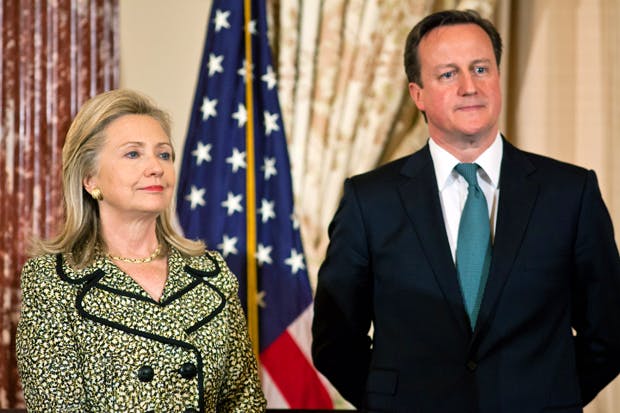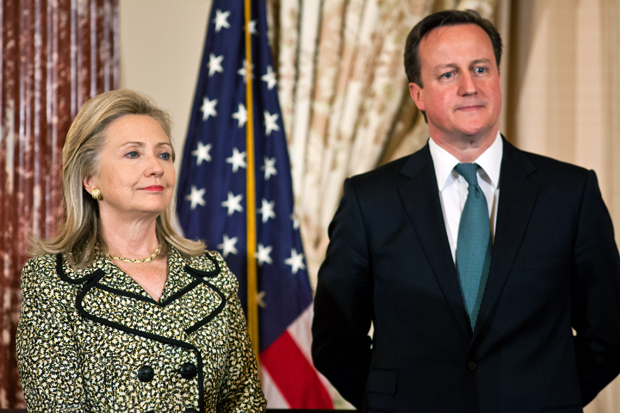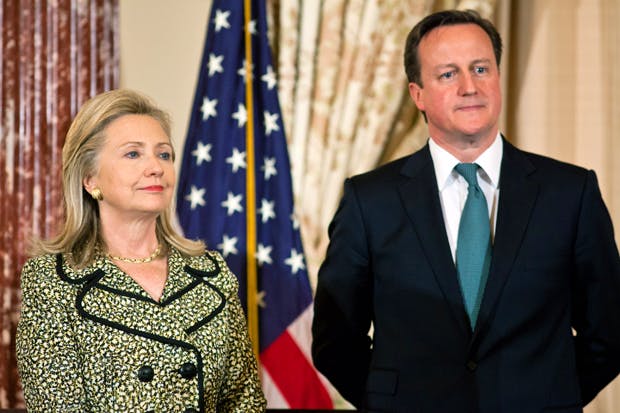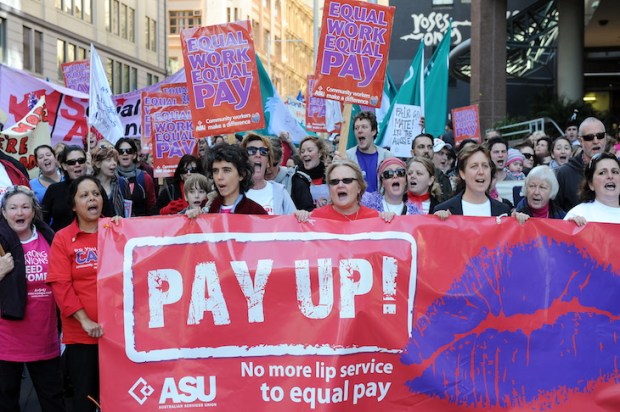After Sir Stafford Northcote and Sir Charles Trevelyan completed their report on civil service reform in 1854, in which they made the controversial recommendation that recruitment should be based on a competitive exam, the government carried out what today would be called a consultation. Among the more interesting objections was the view that the reforms would make the civil service less democratically accountable. This argument was summarised by Helen Andrews, an Australian policy wonk, in a fascinating essay entitled ‘The New Ruling Class’ published last summer: ‘Civil servants who felt they owed their jobs to no one and nothing but their own merit would be independent, which was also to say impervious to checks and balances.’
One hundred and sixty-three years later, this warning about the first-ever meritocrats, namely, that they would come to see themselves as an elite whose intelligence and expertise trumped the will of the people, seems rather prescient. Isn’t that exactly why the European and American elites got such a bloody nose in the EU referendum and the US presidential election?
Some will object to describing people like David Cameron and Hillary Clinton as ‘meritocrats’, as if that term should only apply to people who have raised themselves up by their bootstraps. But one of the oddities of meritocracy is that it has been more enthusiastically embraced by those born on the right side of the tracks. The well-to-do have seized upon the trappings of meritocracy as a way of legitimising and perpetuating their privileged status — drilling their children to pass entrance exams to highly selective schools, encouraging them to attend the best universities, and generally doing everything they can to ensure they’re bristling with the right credentials when they apply for membership of the professional elite.
Which isn’t to say that no one from an underprivileged background ever broke into this club, or that every scion of a rich and powerful family ended up at a world-class university; only that meritocracy hasn’t been responsible for as much social mobility as its original prophets hoped. Fifty years ago, the meritocratic principle may have accounted for a good deal of movement, both up and down the NRS social scale (A, B, C1, C2 and so on). But today its beneficiaries are more and more likely to be the offspring of our meritocratic overlords. To give one of Helen Andrews’s examples, in 1985 fewer than half of students at selective American colleges came from families in the top income quartile; in 2010, the figure was 67 per cent.
Members of the meritocratic elite would dispute that it has become as closed and sclerotic as the aristocratic class the Northcote-Trevelyan reforms were designed to supplant, and point to the number of women and minorities who’ve been admitted to the club in recent years. However, the fact that these new recruits aren’t white men doesn’t mean they weren’t born into educated well-off families. Equality of opportunity has come to mean diversity to the cosmopolitan, liberal elite, not social mobility.
The fact that the ruling class in Europe and America has taken on this meritocratic plumage, and believes itself to be wholly deserving of its status, explains why it attracts so much opprobrium among those who lack the right credentials. As a rule, the less educated a British or American voter, the more likely they are to have plumped for Brexit or Trump in 2016. Last year’s seismic election results weren’t just a revolt of the losers from globalisation against the winners; they were a revolt of the uneducated against the meritocratic elite. And with some justification, since the chances of someone born into a poor, uneducated family joining this exclusive club are extremely slim.
In the eyes of some, the solution is more meritocracy. That is, you improve the quality of education available to the least well-off, encourage universities to engage in more outreach and shame large employers into recruiting more fast-streamers from underprivileged backgrounds. But it would also help if the meritocratic elite started to behave with a bit more humility. Just because they have postgraduate degrees and know the catechisms of political correctness doesn’t mean they’re entitled to take decisions affecting tens of millions of people without having secured their democratic consent. The first critics of meritocracy 163 years ago put their finger on a problem still unsolved.
Got something to add? Join the discussion and comment below.
Get 10 issues for just $10
Subscribe to The Spectator Australia today for the next 10 magazine issues, plus full online access, for just $10.















Comments
Don't miss out
Join the conversation with other Spectator Australia readers. Subscribe to leave a comment.
SUBSCRIBEAlready a subscriber? Log in